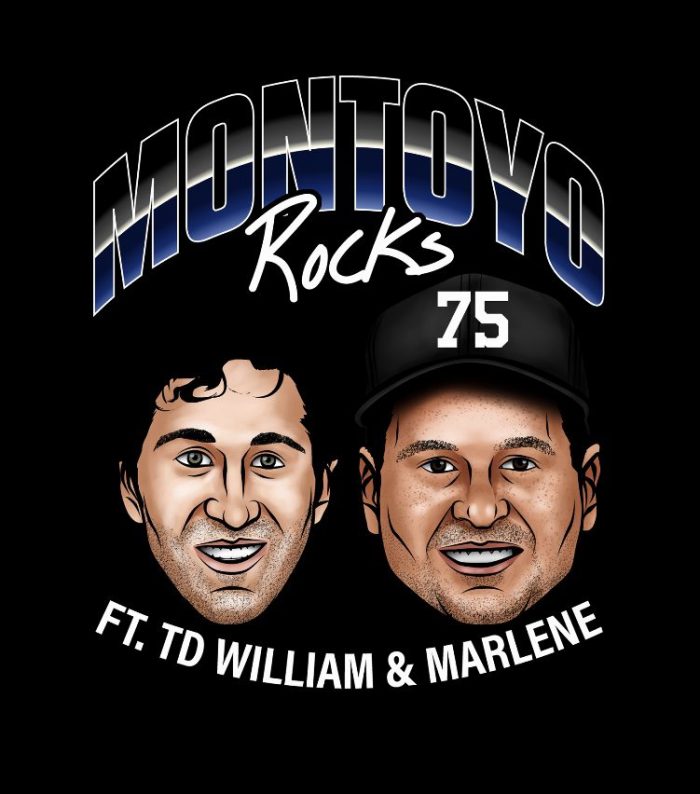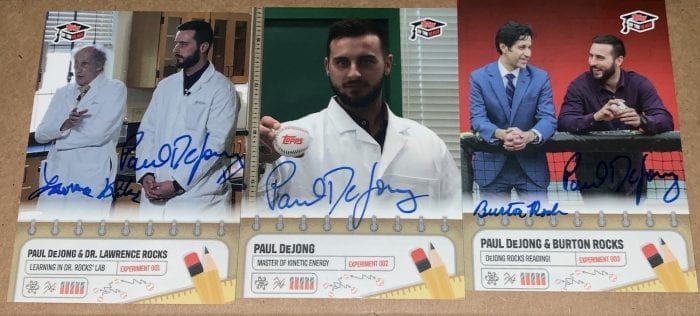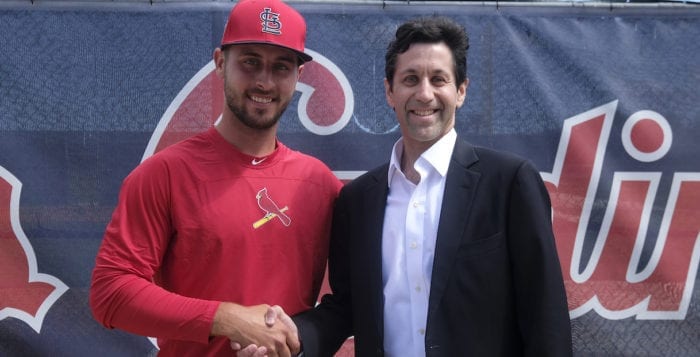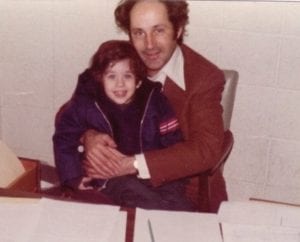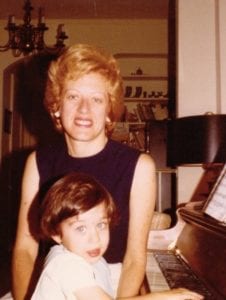When sports agent Burton Rocks got the idea to add Latin rhythms to a traditional baseball song, he called his friend and client Charlie Montoyo, bench coach for the Chicago White Sox.
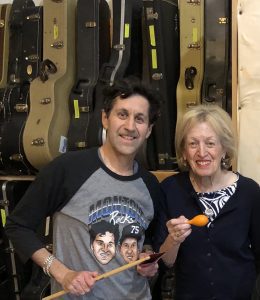
Rocks said he thought it would be interesting to record “Take Me Out to the Ball Game” using congas, which Montoyo plays in his spare time. Rocks said he didn’t think anyone had ever recorded such a version of the classic.
“I said, ‘Charlie, why don’t we do a brand new instrumental, like our own walk-up music, and it will be called ‘El Ritmo de Béisbol,’ and then why don’t we do a conga version of ‘Take Me Out to the Ball Game,’ and keep the English lyrics,” Rocks said.
Montoyo loved the idea. After the bench coach was on board, Rocks asked his friend, professional musician TD William, to join them on the project. The sports agent also wanted the woman who inspired his love for Latin music to collaborate with them — his mother Marlene Rocks.
The group decided to call themselves Montoyo Rocks, and soon the Stony Brook residents and William were in a studio in Massachusetts working on the songs. Montoyo, from his Arizona home, recorded his instrumental parts on his phone.
Joining in on Montoyo’s conga playing, Burton Rocks plays the bongos and cowbells on “Take Me Out to the Ball Game,’’ also contributing vocals while his mother sings during the chorus. William was lead vocalist and played the guitar, bass and drums.
During the instrumental single, with Montoyo on congas once again, Burton Rocks plays cowbells with William on cajon and percussion and Marlene Rocks on shakers.
The son said he has loved music since he was younger and remembers his mother playing piano. Burton said he always enjoyed Latin music such as salsa and samba, thanks to his mother.
“It’s one of my favorite genres of music,” he said.
Marlene Rocks, who was a Spanish teacher in New York City and a substitute teacher in Three Village school district, began appreciating Spanish-language music while visiting family in Mexico and studying in the country. The mother said she was glad she passed on the appreciation of the genre to her son. Growing up she would listen to Latin music artists such as ranchera singer and actor Pedro Infante and later would play the records as well as show her son bilingual children’s shows.
“Burton, when he was little, I had him watch ‘Villa Alegre’ and ‘Carrascolendas’ so that he would get that Spanish and Latin flavor,” she said.
Marlene Rocks added it was nice that she was asked to join in with the Montoyo Rocks group.
“It was a thrill for somebody in my age group to play the shakers to Latin music that I had grown up listening to, but this was an original, so I really had a good time with it.”
Burton Rocks was happy she agreed to join them in the recording studio and hopes others will let their interests inspire them to create music.
“I think music is one of the universal languages of love,” he said. “You can spread a lot of love in this world through music.”
The Montoyo Rocks singles are available on Spotify, Amazon Music, Apple Music and YouTube.

